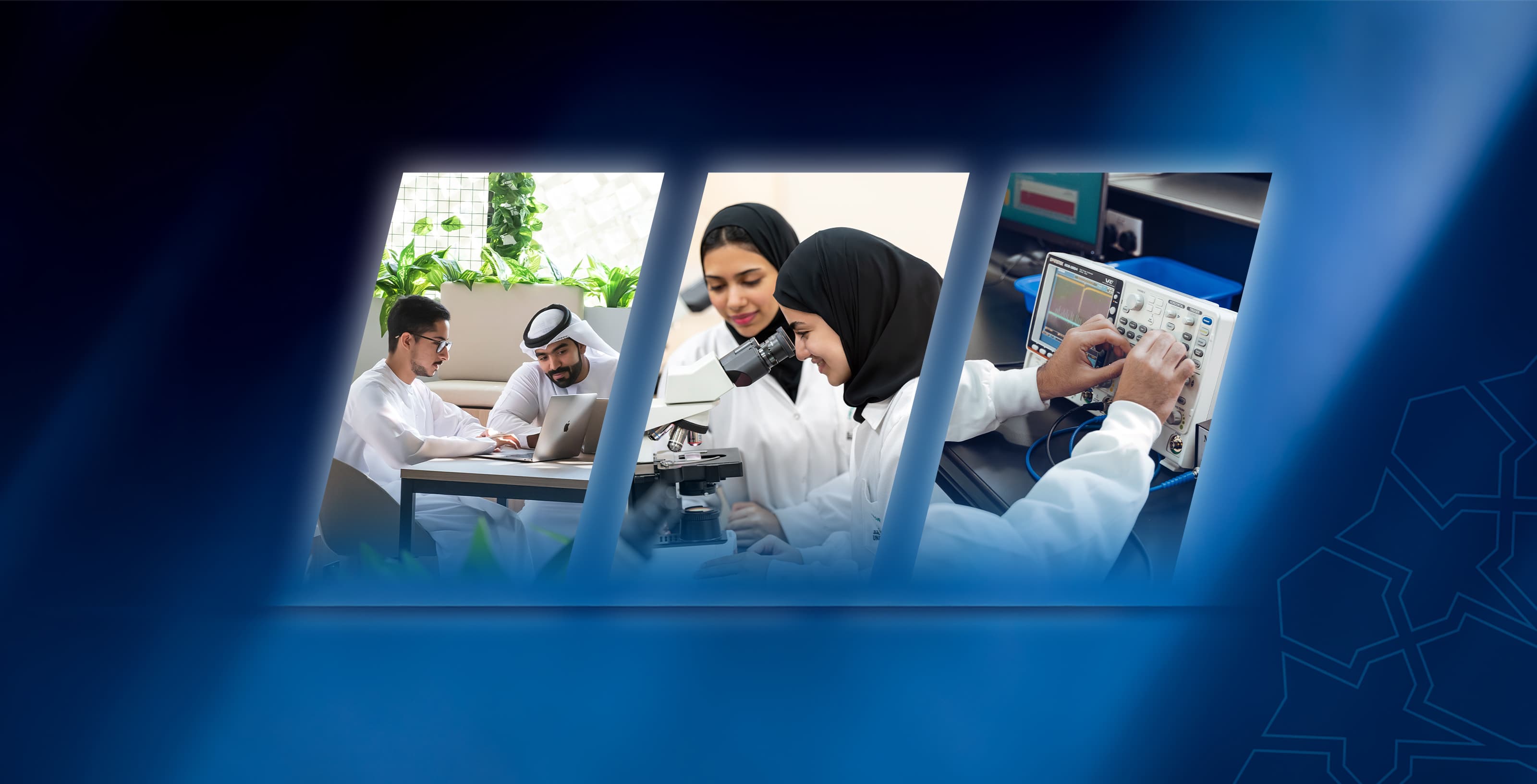Overview
Goals and Objectives
Our Team
Highlights
Publications
Oriental studies have greatly contributed to enriching research in our Arabic culture over the decades, introducing new research methods, advanced approaches, and innovative techniques. Orientalism has had a significant impact on deepening the exploration and examination of Arab culture and its literature. Arab researchers have benefited from its methodological approaches, procedural tools, scientific achievements, and cognitive outcomes. It has also sharpened their critical abilities, enabling them to criticize Orientalist theories and respond to non-objective views from Orientalists. However, the utilization of new Orientalist research remains limited.
The Orientalist school is considered one of the oldest Western schools with deep-rooted traditions dating back to the seventeenth century AD. Many important works by early Orientalists on the Arabic language, literature, and culture remain unknown to Arab researchers, and their significance has not been fully recognized until today. These works reveal the diverse and sometimes conflicting perspectives that the French formed regarding Arabs, their language, ancient and modern literature, and their culture throughout the centuries. However, some of these works, produced in the late nineteenth and early twentieth centuries, have received attention from Arab researchers and academics who translated and critically analyzed them.
These works have often been used as fundamental references by Arab researchers in Arabic language, literature, and Islamic Arab civilization, both in European and Arab universities.
For example, Louis Massignon's research on Arab Sufi literature has become well-known and widely circulated in the Arab world. The writings of Charles Pellat, a specialist in Al-Jahiz's literature who translated "Al-Bukhala" into French and had it published by UNESCO, have been recognized. His doctoral dissertation, titled "Al-Jahiz and His Visual Environment," was later translated into Arabic. Andre Miquel's research has also received Arab attention, including his translation and commentary on the Diwan of Layla and his translation of Ibn al-Muqaffa's "Kalila wa Dimna." Andre Miquel is considered one of the most important professors of Arabic literature at Sorbonne University and the prestigious French Institute (Collège de France). His book "Ancient Arabic Language and Literature" (1977) has been recognized as an important contribution.
The list of Orientalist works is extensive and cannot be fully mentioned here. Abdul Rahman Badawi has dedicated an important book titled "Encyclopedia of Orientalists" to ancient Orientalists. It is worth noting that the activity of Orientalists writing about the Arabic language and literature extends beyond the mentioned scholars and others recognized by Abdul Rahman Badawi in his encyclopedia. It continues with a new generation whose research and writings remain unknown to Arab researchers from the Maghreb to the Gulf.
Therefore, we have deemed it essential to allocate research projects that examine their works, starting with presenting and translating their scholarly articles for critical review. The reality is that tracking what these scholars write in numerous scientific journals focusing on the Arabic language, literature, and culture, such as Arabica, would require years of research. Arabica is a French scientific and peer-reviewed journal specializing in Arabic language, literature, and culture. It was established in 1954 by the French Arabist Levi-Provençal, an expert in Andalusian literature. The publication requirements are strict, even rigorous, and it is considered the most important journal in this field. Only experienced researchers who contribute valuable insights and possess extensive knowledge are published in it.
Arabica holds a significant position in the world of Oriental studies, not only in the Western world but also in all international universities teaching Arabic language and literature. Researchers specializing in this field can be found worldwide.
Mission:
Providing an overview of Arab culture through the new Orientalists with a critical spirit guided by new methodologies.
Vision:
Presenting a vision of Arab culture through the new Orientalists with a critical spirit guided by new methodologies.
We summarize the most important objectives in the following points:
- Introducing the important works of Orientalists and their followers who specialized in studying Arab culture, criticizing it, and presenting the most important results they reached in those studies.
- Critiquing those articles would be beneficial for specialized researchers, graduate students, and general readers. Exploring the methodological approaches adopted in those studies and demonstrating their diversity, richness, and development through selecting models of the most important articles that represent their methodological approaches and theoretical backgrounds. These articles will be studied, analyzed, and scrutinized to identify the distinctive characteristics of their research orientations.
- Revealing the references guiding their studies and their intellectual, cultural, political, and religious backgrounds, whether explicitly stated in their articles or implicitly understood.
- Applying a critical deconstructive approach to their research output, utilizing the achievements of humanities and social sciences, theoretical frameworks, procedural concepts, and various methodologies to identify the scientific and methodological shortcomings that may exist in those studies.
- The research group will start by reviewing the articles published in Arabica and listing the articles written in French and English related to Arab culture. These articles will be collected, classified according to their genres and types.
- The research team members will collectively select a collection of those articles based on criteria of scientific quality, methodological approach, and knowledge contribution (as defined by the research team in advance).
- The research team members will be divided into smaller teams based on their proximity to specific specializations. Each team will be responsible for studying those articles to identify their issues, problematics, approaches, and to formulate their results, present them, analyze them, and critique them.
- The work of the smaller teams will be presented to the research team and discussed in collective sessions to evaluate and improve them based on valuable feedback provided by the research team members.
- An international scientific seminar will be organized where the approved works will be presented to an audience of researchers, professors, and graduate students. Esteemed specialists will also participate in the conference.
- The research team members will make the necessary modifications and revisions to their work based on the valuable comments received, in order to further enhance their works.
- The works will be published in a peer-reviewed scientific journal to serve as a reference in their field.

